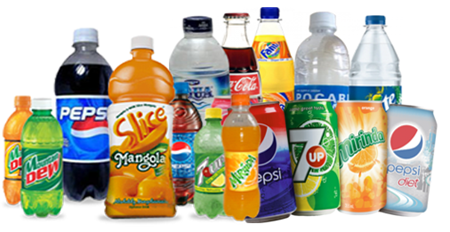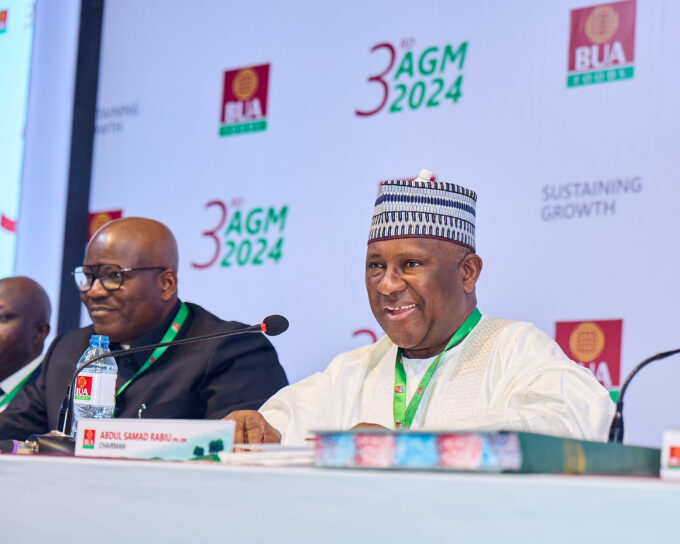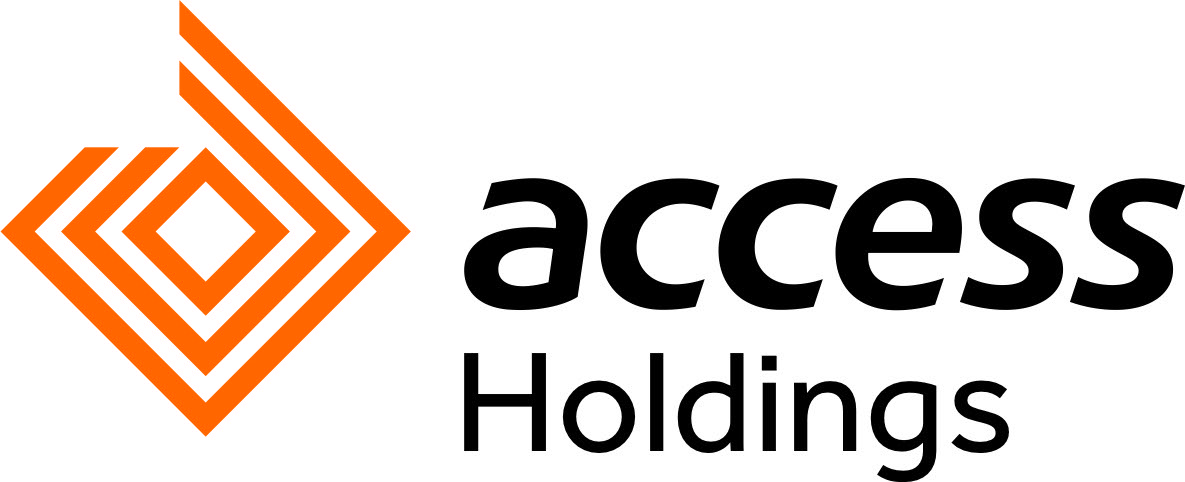The Manufacturers Association of Nigeria (MAN) says the introduction of excise duty on non-alcoholic beverages will cause a 0.43 per cent contraction in output and about 40 per cent drop on total industry revenues in the next five years.
Mr Segun Ajayi-Kadir, MAN Director General, said this in Lagos while reacting to the introduction of N10 excise duty on carbonated drinks by the Federal Government on Wednesday.
The News Agency of Nigeria (NAN) reports that Minister of finance, Mrs Zainab Ahmed, at the public breakdown of the 2022 budget, said government had introduced N10 per litre on all non-alcoholic, carbonated and sweetened beverages.
The development is aimed at discouraging excessive consumption of sugar in beverages with its attendant health implications, raising revenues for health-related and other critical expenditures in line with the 2022 budget priorities.
Ajayi-kadir explained that food and beverages contributed the highest at 38 per cent of the total manufacturing sector quota to the nation’s Gross Domestic Product (GDP).
He added that the sector comprised 22.5 per cent of manufacturing jobs and generated more than 1.5million jobs.
“One is particularly worried about the ripple effect on the introduction of the excise, despite strenuous evidence-based advice to the contrary.
“This will have unpleasant impact on employment, households and consumers.
“As seen from previous impact analysis, excise affects production outputs, revenues and profits.
“This causes companies to pursue cost cutting measures to reduce the effect of diminishing revenue and profits by reducing employee salaries or retrenchment.
“So, this excise would certainly cast a sunset to this performance,” he said.
The MAN DG stated that the revenue aspirations of government in introducing this excise may not be justified in the long run.
He noted that the excise estimated to generate N81 billion between 2022-2025 would not be sufficient to compensate the corresponding government’s revenue losses in other taxes from the group.
“For instance, the corresponding effect of reduced industry revenue on government revenues is estimated to be up to N142 billion contraction in Value Added Tax (VAT) raised by the sector and N54 billion Corporate Income Tax reduction between 2022 to 2025.
“This is not to mention the potential negative impact on manufacturers/supply chain.
“Nigeria is the 6th highest consumer of soft drink, but per capita consumption is low.
“Introducing excise will easily reduce production capacity causing manufacturers to struggle to meet investor commitments as well as cause investor to take investments to other countries.
“A decrease in production levels or ability to purchase raw materials as a result of the introduction of excise tax will result in reduced profits for the supply chain players in the non-alcoholic beverage sector.
“What is not realized by many is that excise begets high production costs which in turn adversely affect production levels and intimately results in dwindling profits.
“This will grossly impact the small and emerging business owners in the non-alcoholic beverage sector,” he said.














